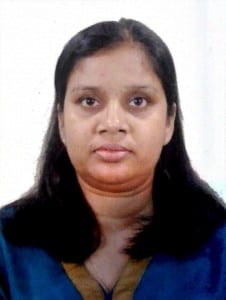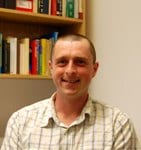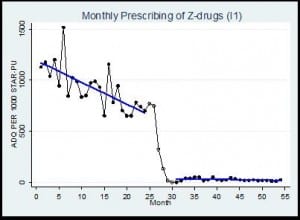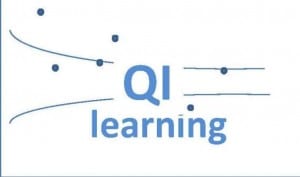 Nadeeka Chandraratne joined the Community and Health Research Unit in May 2017 to work on the quality and costs of primary health care, as CaHRU’s second international research fellow.. She will study monitoring and evaluation of primary care systems in the National Health Service (NHS) and their applicability to low and middle income countries with high health standards, like Sri Lanka.
Nadeeka Chandraratne joined the Community and Health Research Unit in May 2017 to work on the quality and costs of primary health care, as CaHRU’s second international research fellow.. She will study monitoring and evaluation of primary care systems in the National Health Service (NHS) and their applicability to low and middle income countries with high health standards, like Sri Lanka.
Nadeeka graduated as a medical doctor (MBBS with honours) from the Faculty of Medicine, University of Colombo in 2006. She gained her Master’s (MSc) in Community Medicine from the Postgraduate Institute of Medicine (PGIM) of the University of Colombo in 2011. She also completed a Master’s degree in Development Studies (MDS) at the Faculty of Graduate Studies, University of Colombo in 2013 and her MD in Community Medicine from the PGIM in 2016.
During her academic and professional career she has researched, published, trained and given invited presentations on a wide range of public health topics including child sexual abuse, premenstrual syndrome, gender-based violence, sexual harassment in workplaces, economic costs of tobacco and alcohol use, migrant health, child nutrition in communities and social health insurance for universal health coverage. She has won several national and academic awards and prizes for her publications.
 Prior to joining our University, she worked as a Consultant to the World Health Organization where she was involved in preparing the WHO Country Cooperation Strategy for Sri Lanka and provided technical support to several activities including health financing for Universal Health Coverage.
Prior to joining our University, she worked as a Consultant to the World Health Organization where she was involved in preparing the WHO Country Cooperation Strategy for Sri Lanka and provided technical support to several activities including health financing for Universal Health Coverage.
She has also worked as a Consultant to UNICEF, and is an External Lecturer for the Department of Health Promotion, Rajarata University of Sri Lanka. She is also a member of the Expert Committee on Alcohol, Tobacco and Illicit Drugs and was the Secretary of the Expert Committee on Women’s Health of the Sri Lanka Medical Association.
At the Ministry of Health Nadeeka has worked in several capacities including as the Medical Officer of Health (MOH) in the most populated area in the country. She worked as a Senior Registrar in Community Medicine at the Gender and Women’s Health Unit, Family Health Bureau, Ministry of Health and a Registrar at the Department of Community Medicine, Faculty of Medicine of the University of Colombo.












